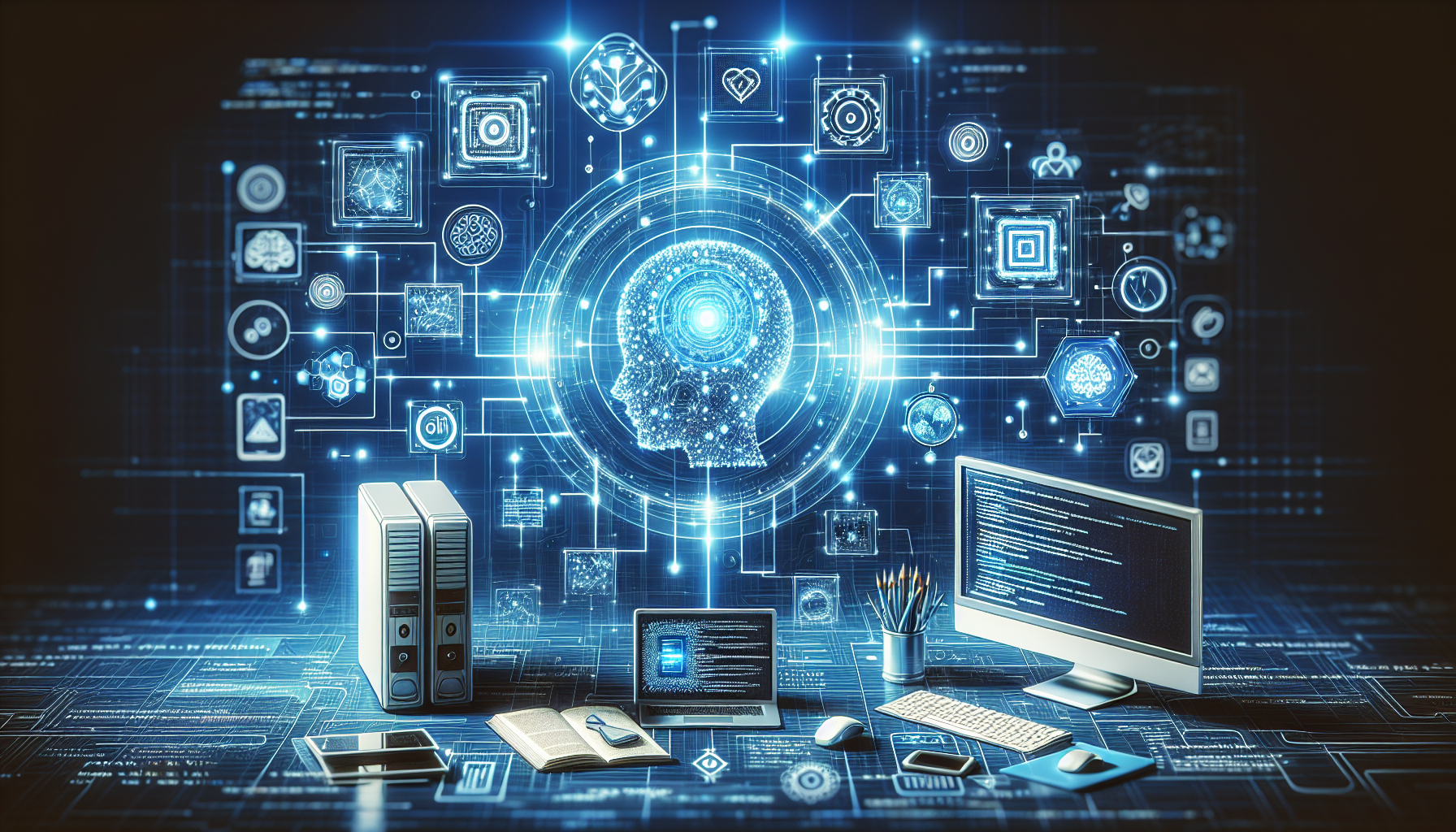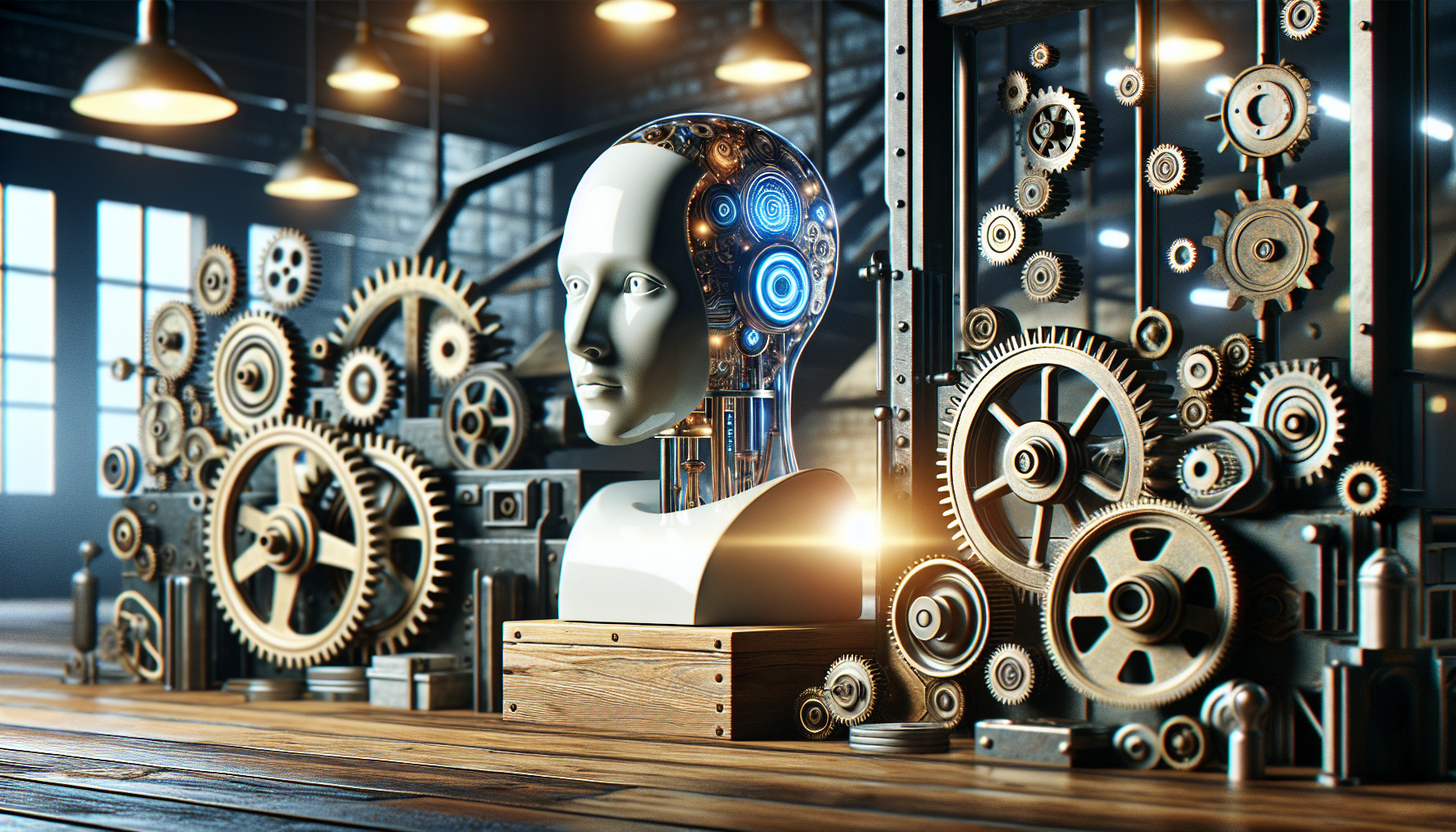
Unveiling Truths: The Role of Artificial Intelligence in Smart City Development
June 17, 2025
Artificial Intelligence (AI) has become a pivotal element in the discourse surrounding smart city development. As urban centers strive to become more efficient, sustainable, and responsive to the needs of their inhabitants, AI often appears as a transformative force. However, the narrative surrounding AI's role in smart cities is frequently clouded by myths and misconceptions. In this exploration, we shall demystify some of these myths, shedding light on the authentic contributions AI makes to urban innovation.
One prevalent myth is that AI will autonomously manage all aspects of a smart city, rendering human oversight obsolete. This notion, albeit intriguing, misrepresents the reality of AI's capabilities and its role in urban environments. AI systems are designed to augment human decision-making rather than replace it. For instance, in traffic management, AI can analyze real-time data to optimize traffic flow, reduce congestion, and improve safety. Yet, these systems require continuous oversight and input from human operators to address complex, unpredictable scenarios that an AI might not handle alone.
Another misconception is the belief that AI-driven smart cities will inherently violate privacy. Concerns about surveillance and data collection are not unfounded; however, they often overlook the safeguards and ethical considerations that are integral to AI implementation. Many smart cities are adopting robust data governance frameworks to ensure transparency and protect citizen privacy. For example, anonymization techniques and strict access controls are employed to prevent misuse of personal data, aligning AI innovation with ethical standards.
The myth of prohibitively high costs associated with AI in smart cities also deserves scrutiny. While initial investments in AI infrastructure can be significant, they often result in long-term savings and efficiencies. AI-driven systems can reduce energy consumption, optimize resource allocation, and enhance public services, leading to cost reductions that outweigh initial expenditures. Moreover, the scalability of AI solutions means they can be tailored to the specific needs and budgets of different cities, making them more accessible than commonly perceived.
A more nuanced myth suggests that AI's role in smart cities is limited to technological advancements, neglecting its social and economic impacts. AI is indeed a catalyst for technological innovation, but its influence extends far beyond that. By fostering improved public transport systems, enhancing healthcare delivery, and enabling predictive maintenance of infrastructure, AI contributes to the overall quality of urban life. Additionally, AI can stimulate economic growth by creating new job opportunities in tech sectors and enhancing productivity across various industries.
Some skeptics argue that AI will exacerbate existing inequalities within urban settings. While it is true that technology deployment can sometimes widen gaps, AI has the potential to bridge them if implemented thoughtfully. By providing equitable access to services and resources, AI can help address disparities in education, healthcare, and economic opportunities. For example, AI-driven educational platforms can offer personalized learning experiences tailored to individual needs, making quality education more accessible to underserved communities.
Moreover, the myth that AI solutions are universally applicable to all cities fails to recognize the importance of context-specific implementations. Each city has unique characteristics and challenges that require tailored AI strategies. The successful deployment of AI in one city does not guarantee the same results elsewhere. Urban planners and policymakers must consider local cultural, social, and economic factors when integrating AI solutions, ensuring that technology serves the specific needs of their communities.
The discourse on AI in smart cities is incomplete without considering environmental sustainability. AI plays a crucial role in advancing sustainable urban development. By optimizing energy consumption, reducing waste, and enhancing resource efficiency, AI contributes significantly to the environmental goals of smart cities. For instance, AI-powered systems can predict energy demand patterns, allowing for more efficient energy distribution and reduced carbon footprints.
In addressing these myths, it becomes evident that AI's potential in smart city development is both profound and multifaceted. Yet, the success of AI integration depends on dispelling misconceptions and fostering informed discussions. As cities continue to evolve, the role of AI will require continuous examination and adaptation to ensure it aligns with ethical, social, and economic values.
The journey towards building smarter cities is ongoing, and AI is a crucial companion on this path. As we move forward, one must ponder: How can we ensure that AI not only enhances urban living but also empowers every citizen, fostering a more inclusive and sustainable future for all? The answers to this question will shape the cities of tomorrow, offering new horizons for human and technological collaboration.


